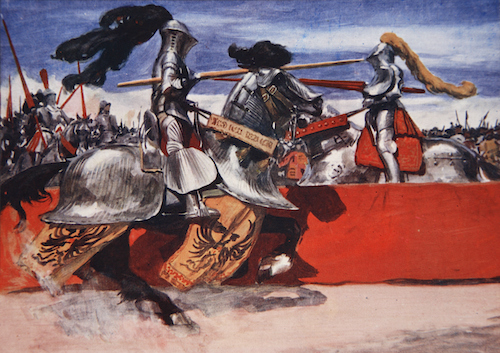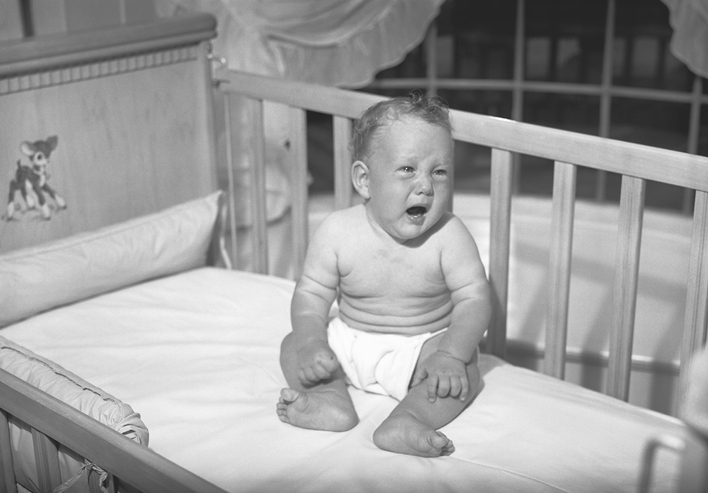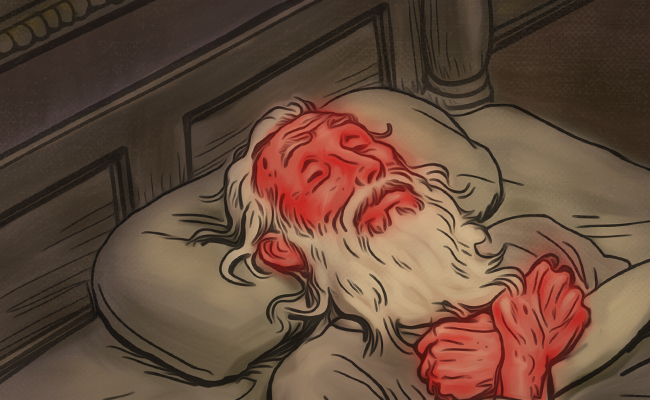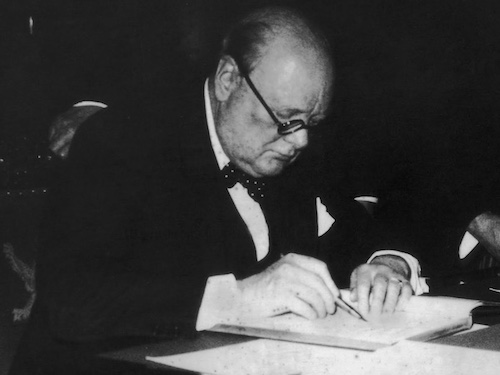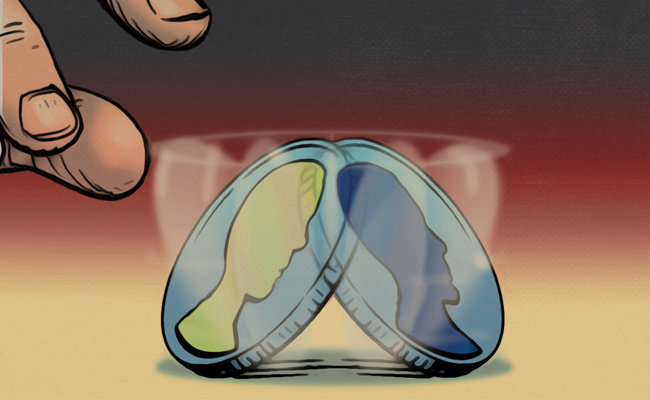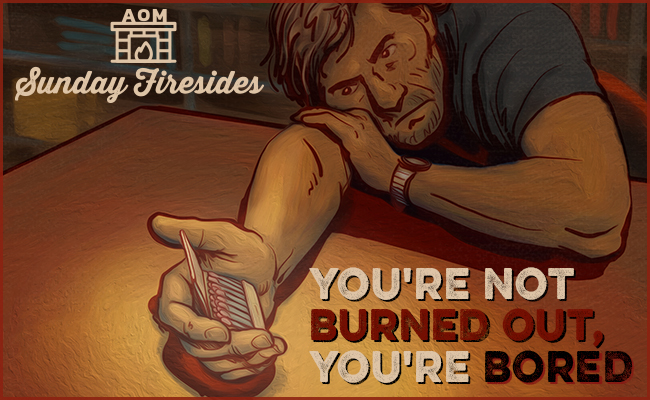
It’s hard not to open a book or scan a news site without hearing about burnout. Workers are burned out. Parents are burned out. Everyone is burned out.
As the word denotes, and it’s popularly conceived, burnout is a function of being overextended, overwhelmed, and overtaxed. It’s a function of too much. Too much work. Too much pressure.
And yet, statistically, we’re doing less than ever, not more. We work a little less than we did fifty years ago, and a lot less than a century and a half back. We socialize less. We participate less in clubs, church, and civic organizations.
How can it be that the less we do, the more burnt out we get? How can it be that people who are involved in far less than their grandparents were, nonetheless feel more tired?
Well, most of us aren’t actually burned out. We’re bored.
We’re not over-burdened, we’re under-challenged. Our potential isn’t being incinerated, it’s going untapped.
Ironically, experiencing too little engagement results in a condition quite similar to experiencing too much of it. Yet what feels like the fatigue of exhaustion is really the malaise of ennui.
While it’s easy to mistake boredom for burnout, the diagnosis matters, as it determines the cure.
The remedy commonly forwarded for burnout is to pare (further) back. Learn to say no.
Yet if the problem is actually boredom, this strategy merely feeds the disease. You wind up with the specter of an individual who’s reduced his life to the bare husk of work and family, and yet still feels completely wiped.
If the problem is actually boredom, then we certainly need to say no to the pointless and soul-sucking; but, we also need to learn to say yes — to seek more of the physically animating, the mentally stimulating, and, most especially, the existentially interesting.


